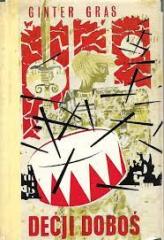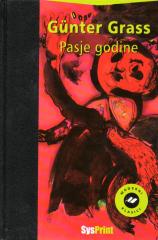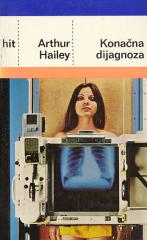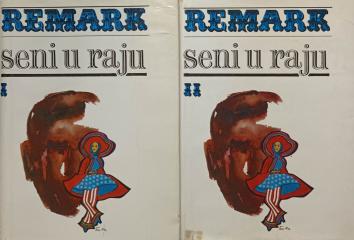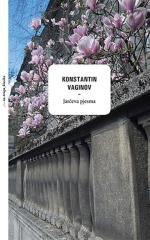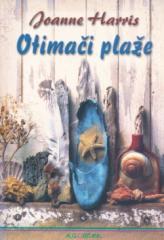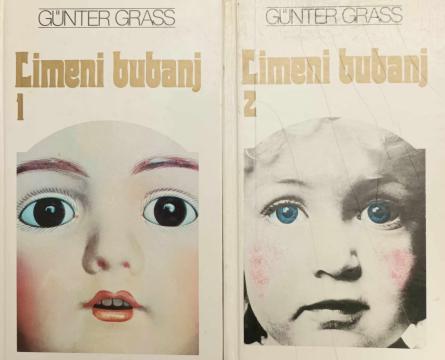
Limeni bubanj 1-2.
The main character Oskar Matzerath, born in Gdańsk in 1924, tells his life from the point of view of a three-year-old child. On his third birthday, he decided not to grow up, and from that day on, his story about the view of the adult world begins.
As a present for his third birthday, Oskar receives a tin drum from his mother, which is an inseparable part of his life.
Growing up in Gdansk, a city with a divided Polish and German population, from a mother of Kashubian origin, Oskar describes Gdansk, which, like the subject of this novel, is an inevitable critical look at the beginning of the war conflicts in Europe. Mother's words, ...that we Kashubs are not enough Poles for the Poles, and not enough German for the Germans..., extend through the work of Günter Grass in several of his works. That's why Oskar's red and white drum shows Oskar's affiliation with Poland, which he left after 1945 heading west.
No copies available
The last copy was sold recently.
